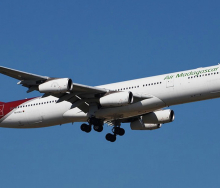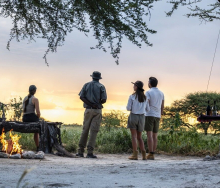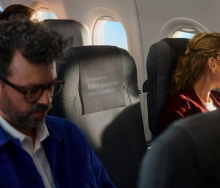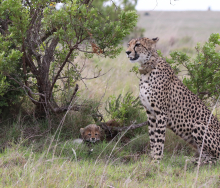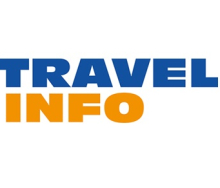Few industries have been hit as hard as hospitality and tourism, which, pre-COVID, were growing and labour-intensive industries globally, well-positioned for formal job creation.
Tourism graduates from universities and colleges are battling to find tourism-related jobs. Many sectors are still operating with minimal staff, some are not yet even paying their staff their full salaries, and business operators are slow and cautious to hire.
23-year-old Isaac Sidinile studied Tourism Management at Walter Sisulu University in East London. He has been looking for a job in travel for two years and has sent his CV out to dozens of companies. “I did a six-month work experience stint at a Bed and Breakfast but I want to get into consulting and nobody wants me. They are only looking for experienced people in a profession that has become overly complicated and requires a high level of expertise. I am under no illusion that travel is an easy job; I am prepared to do the hard yards and I know I will be good at it.”
No matter how willing a candidate is to start from the bottom, it can be hard to find that on-the-job training to help them become useful and rise in their chosen career.
An ITC who chose to remain anonymous, says many travel consultants are now working from home or as ITCs, and says under these circumstances it is difficult to train newbies. “I work alone and it works for me because I have been in travel a long time and don’t need guidance. How is a graduate going to learn the skills and experience if they cannot be an intern or start off in a busy travel office environment? Colleges only teach so much and the rest is on-the-job learning and interacting with experienced travel professionals.”
Says the ITC: “I spent time during lockdowns and closures reskilling and upskilling myself, which was necessary to respond to COVID travel trends. I think many agents have done the same thing. Agencies do not have the time to train or facilitate new graduates.”
Chante Roberts, Director of Elite Hospitality Training in Port Elizabeth told Travel News that employment opportunities for its graduates had dropped by 75% in the last two years. “I have a database of graduates and I have relationships with some establishments that will reach out to me if they need to employ staff. Some are very lucky to placed full time or part time but our graduates are battling to find work in their chosen field.
“It will take a long time for the hospitality industry to recover from this and the knock-on effects are tragic for our new graduates.”
Otto de Vries, CEO of Asata, says it needs to be acknowledged that the South African tourism industry has lost 470 000 direct and indirect jobs in the last two years. Also, the development of jobs needs demand. “Demand is slow and has been for a while, but we are seeing business returning, some recovery and green shoots, and companies are again looking to hire. Having said that, most are re-employing people who worked with them before, who know their business and their clients.”
Says De Vries: “We need to remember that unemployment figures in South Africa are extremely high and jobs have been scarce for a long time and at the moment this problem is amplified, particularly in the tourism and hospitality sectors.”
However, there is another current in the industry, caused by COVID. De Vries points out that experienced people in the retail travel industry are fed up with its volatility and long, stressful hours and they are leaving travel. “This could possibly provide an opportunity for young graduates.”



